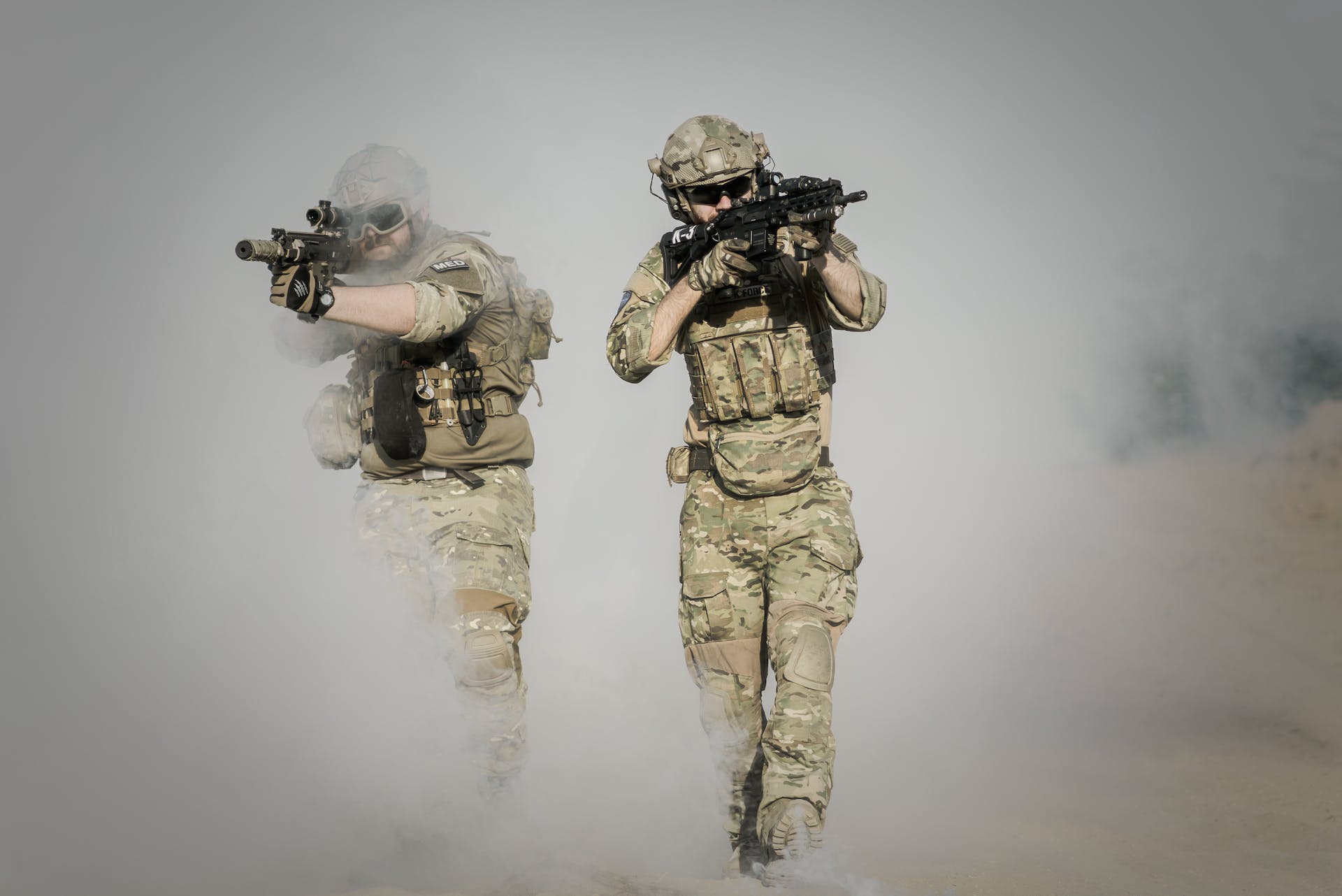
As Israel enters the Hanukkah season, two months into a war with Hamas, the nation grapples with a somber mood. The conflict’s impact is visibly marked by posters of Israelis held hostage in Gaza, a constant reminder of the war’s toll. The Jewish festival, traditionally a time of celebration, begins under the shadow of this ongoing strife, reflecting a period of national introspection and resilience.
The Impact of War on Israeli Society
The war has led to significant displacement within Israel, with approximately 200,000 Israelis uprooted from areas affected by Hamas and Hezbollah attacks. This displacement has transformed the landscape of cities like Jerusalem, where hotels usually bustling with tourists now shelter evacuees. The conflict has deeply affected the national psyche, with the Foreign Ministry spokesperson Lior Haiat describing Oct. 7, the day of the Hamas massacre, as a pivotal moment in Israeli history.
National Defense and the Role of International Allies
In response to the conflict, there has been a notable increase in gun purchases among Israelis, supported by the government. The nation’s focus remains inward, with Israeli media primarily covering war news and the actions of Israeli soldiers. The Iron Dome missile defense system, developed with U.S. assistance, stands as a symbol of national pride and defense. U.S. President Joe Biden emerges as a significant figure, appreciated for his unwavering support of Israel’s military actions.

Coping and Community Response
The war’s emotional toll is evident, with psychologists like Danny Brom reporting an increase in patients seeking help. However, the Israeli spirit of resilience shines through in communal efforts, such as baking for soldiers and offering aid to evacuees. Public opinion largely supports the continuation of the war, showcasing a united front in these trying times.
Political Implications and the Future
Prime Minister Benjamin Netanyahu, fighting for his political survival, prioritizes defeating Hamas and securing the release of hostages. The government faces scrutiny and is expected to undergo a commission of inquiry into the military and political failures that led to the Oct. 7 attack. However, the focus remains on the immediate challenges of the war.
Peace Prospects in a Time of War
The prospect of peace negotiations with the Palestinians has diminished, with Israeli support for talks with the Palestinian Authority dropping significantly. Peace activists, though focused on the current conflict, look towards future possibilities for a resolution. Organizations like Amal-Tikva continue to work towards peace-building initiatives, emphasizing engagement from within both Israeli and Palestinian societies.
A Pause in Civil Unrest
Before the war, Israel witnessed significant protests against governmental policies. However, the onset of conflict has put these demonstrations on hold, with leaders like Ron Scherf of the Brothers in Arms coalition shifting focus to support war victims and soldiers. The possibility of resuming anti-government protests remains, but for now, the nation’s attention is on the war and its immediate aftermath.
©jewishsolidarity.org
